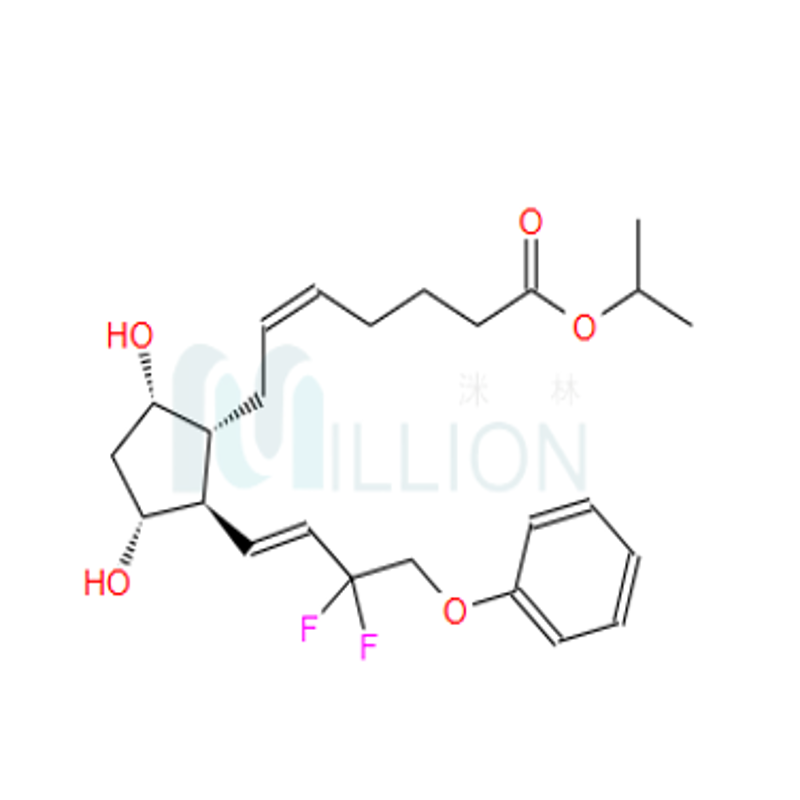-
Categories
-
Pharmaceutical Intermediates
-
Active Pharmaceutical Ingredients
-
Food Additives
- Industrial Coatings
- Agrochemicals
- Dyes and Pigments
- Surfactant
- Flavors and Fragrances
- Chemical Reagents
- Catalyst and Auxiliary
- Natural Products
- Inorganic Chemistry
-
Organic Chemistry
-
Biochemical Engineering
- Analytical Chemistry
-
Cosmetic Ingredient
- Water Treatment Chemical
-
Pharmaceutical Intermediates
Promotion
ECHEMI Mall
Wholesale
Weekly Price
Exhibition
News
-
Trade Service
Introduction: Statins, when does eating work well?
with age.
cardiovascular events and death.
Statins lower blood lipids, when is it good to eat?
Regarding the characteristics of statins, among the currently commonly used statins, lovastatin, simvastatin, fluvastatin,
.
The half-life of lovastatin, simvastatin and fluvastatin is about 2~5 hours, and the half-life of atorvastatin, pitavastatin, rosuvastatin, and pravastatin is longer
.
➤Lovastatin, simvastatin are easier to absorb when taken with food, rosuvastatin, atorvastatin, fluvastatin and pitavastatin are not affected by food, and pravastatin is taken with food to reduce absorption
.
➤Since the synthesis of cholesterol in the liver reaches its peak at night, fluvastatin, lovastatin, and simvastatin have short half-lives, it is recommended to take them at night;
➤Atorvastatin, pitavastatin, and rosuvastatin have long half-lives and can be taken
at any time.
Table 1 Pharmacological properties of statins
The use of statins should also be noted in the following details
➤ The adverse reactions of statins increase with the increase of dose, and most elderly people can use medium and small doses of statins to achieve LDL-C standards;
➤ Statins should be started with small or moderate doses and adjusted according to efficacy, and the dose can be reduced or switched to different types of statins if they are intolerated;
➤ Elderly people whose TC or LDL-C decreases rapidly after taking low-dose statins should be investigated for tumors and other wasting diseases
.
➤Lipid-regulating drugs should be used for a long time, and should not be discontinued without special reasons
.
After stopping the drug, blood lipids increased or even rebounded, which significantly increased cardiovascular events and mortality
.
References: LIU Meilin, ZHANG Yumeng, FU Zhifang, et al.
Chinese expert consensus on the management of dyslipidemia in the elderly[J].
Chinese Journal of Internal Medicine, 2022, 61(10) : 1095-1118.
DOI: 10.
3760/cma.
j.
cn112138-20220407-11251.







